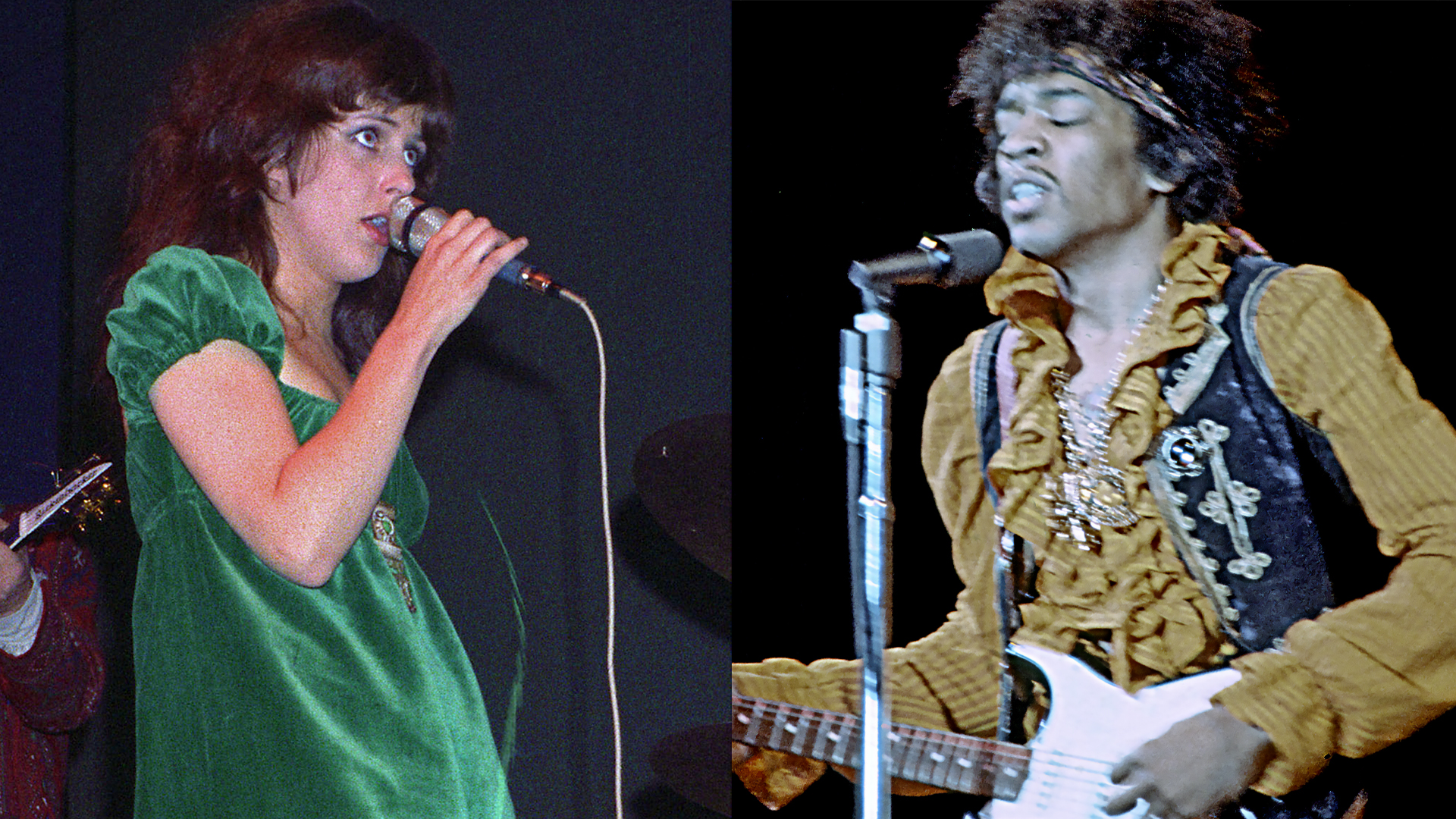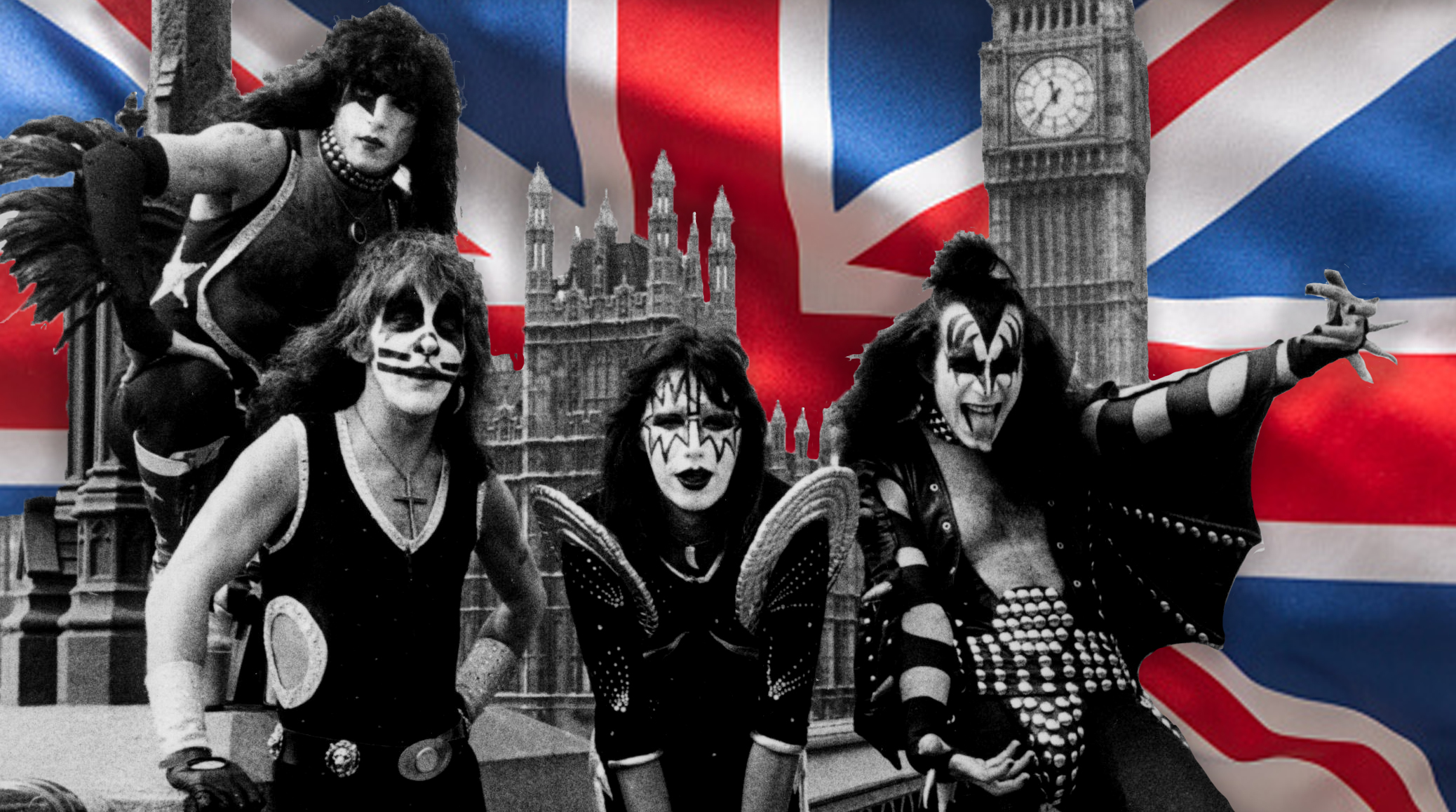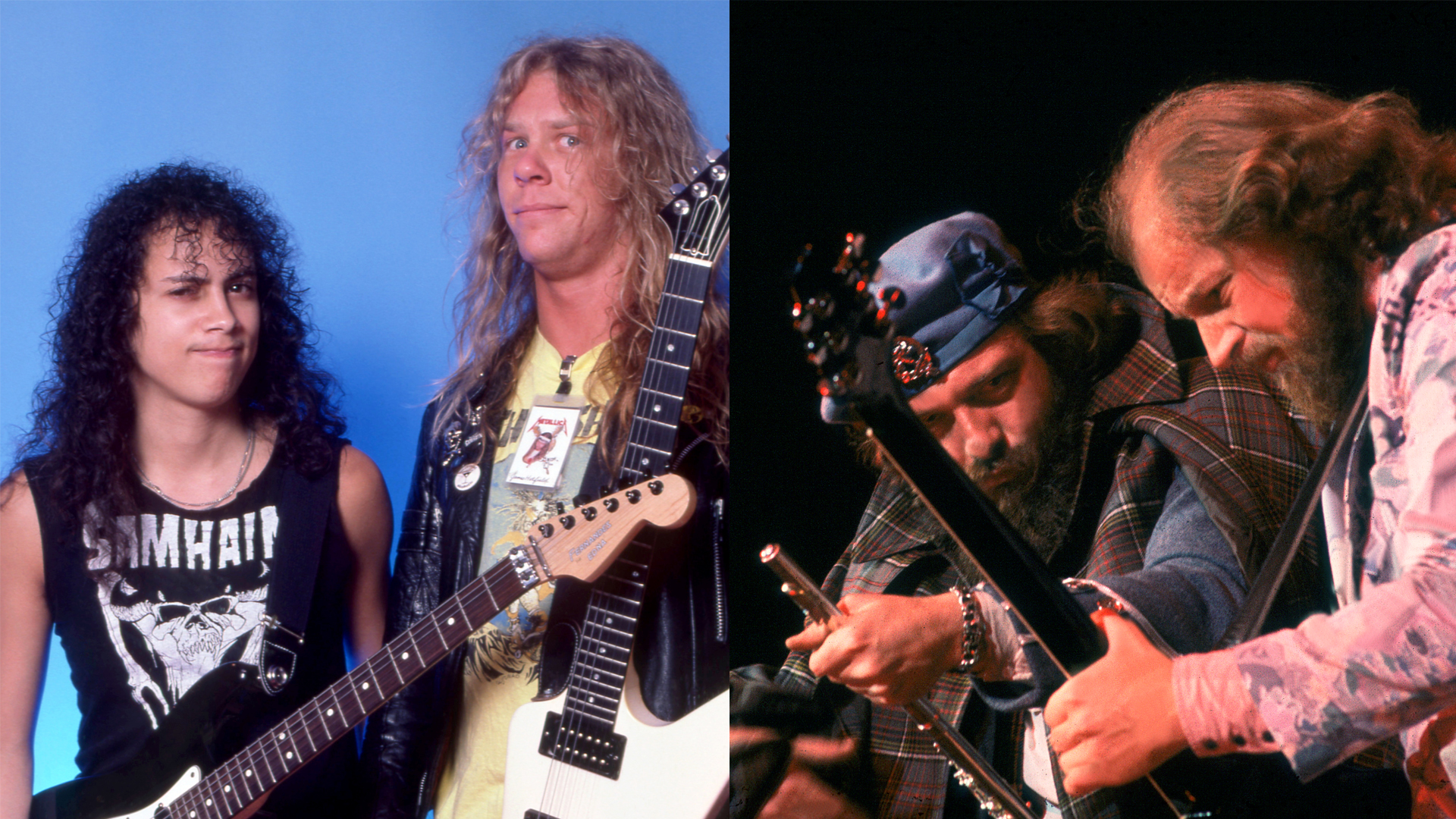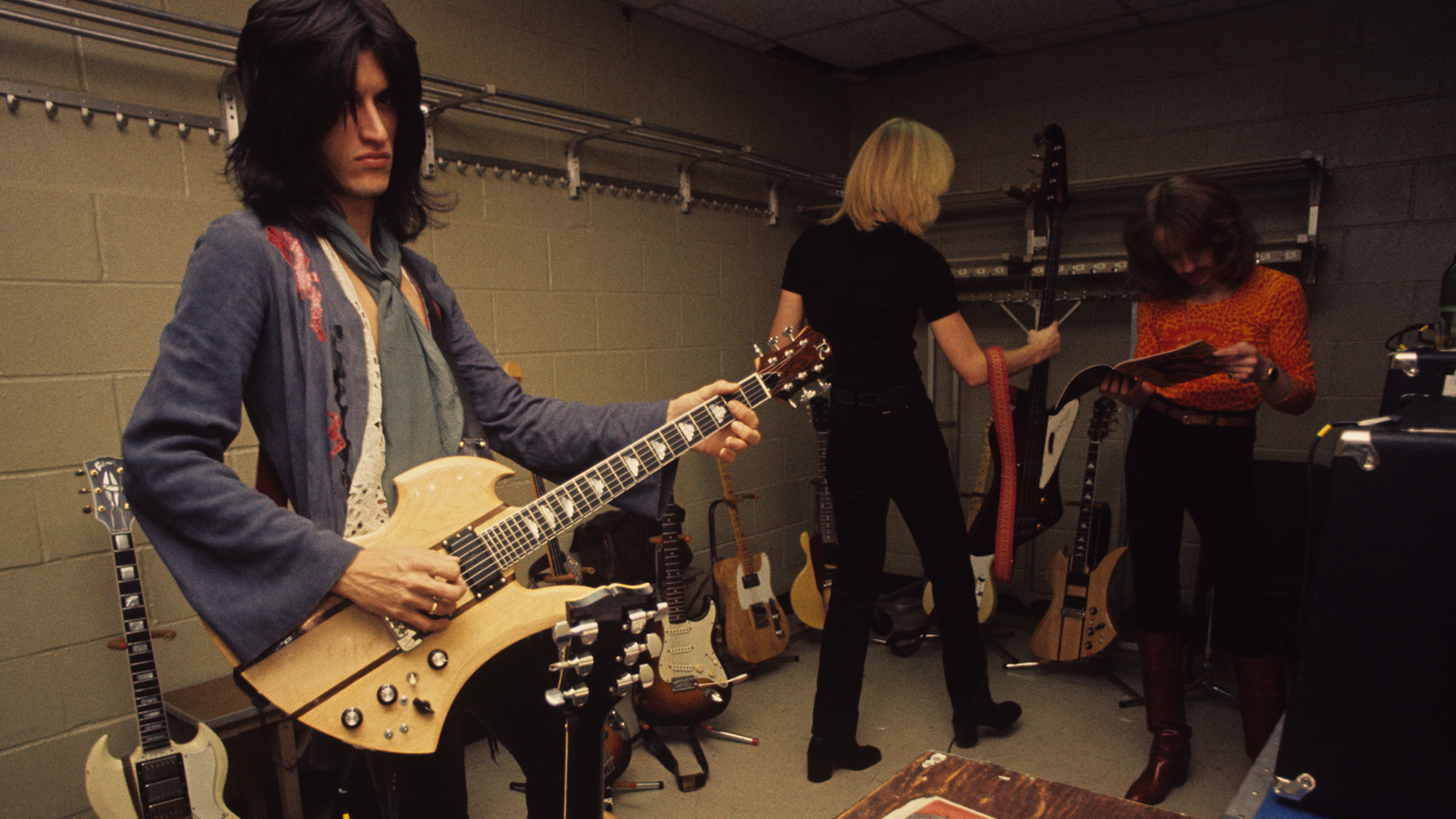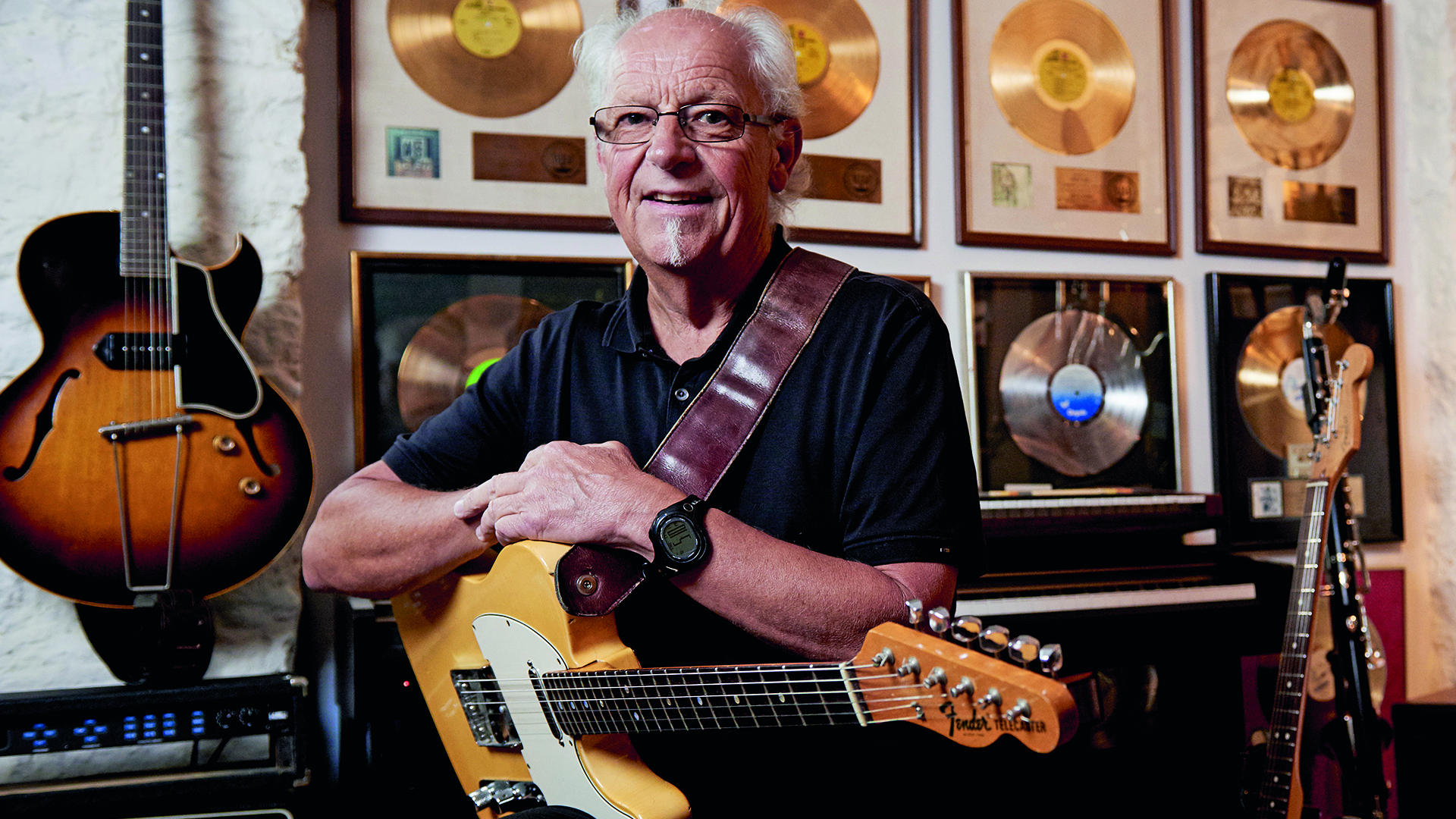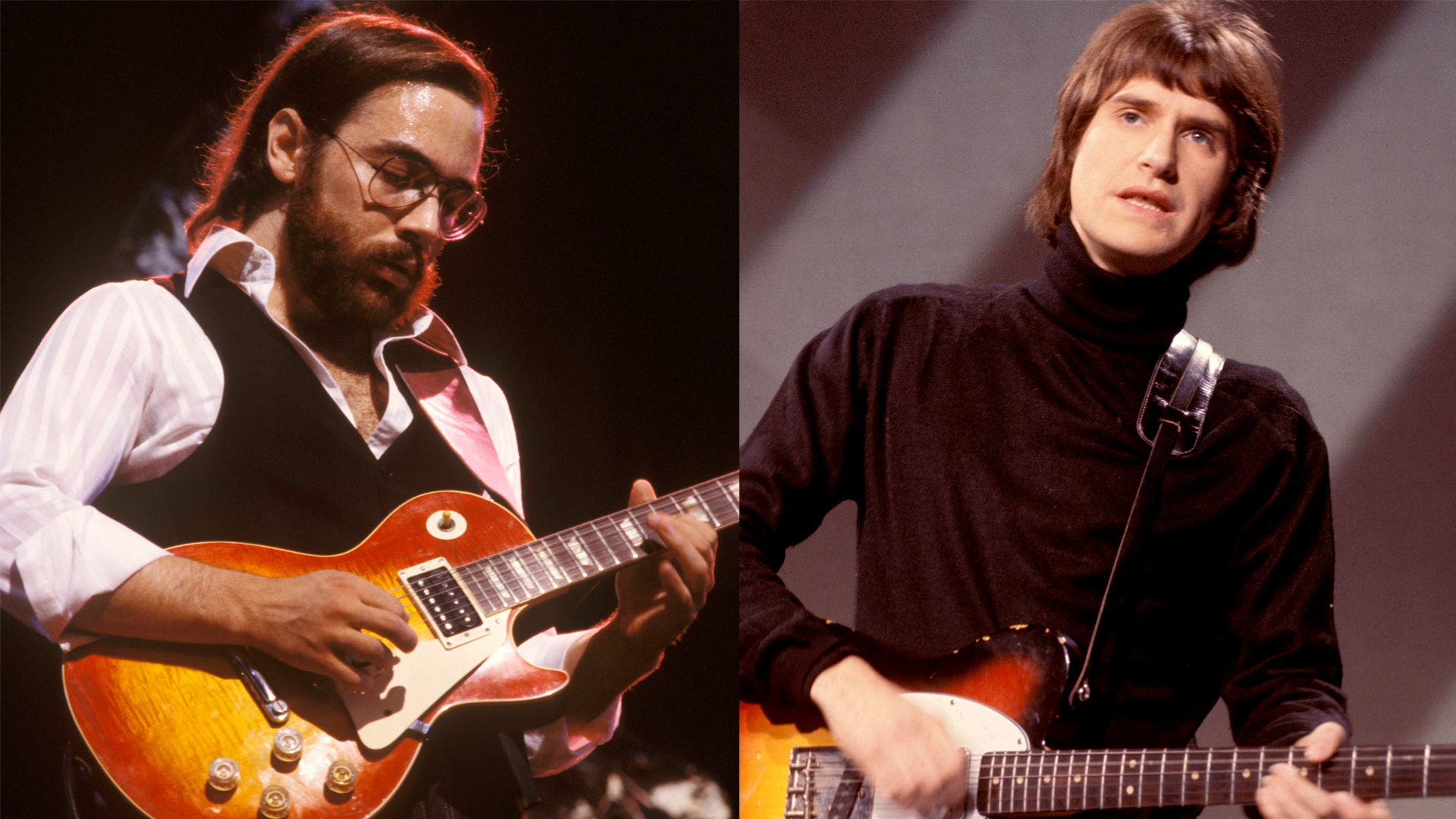"She got me a black '50s Gretsch Duo Jet and a Gibson ES-350 with three P90 pickups — a really rare guitar — for like $125.” Jeff Tweedy tells how his mother scored rare guitars for him at farmer's auctions
In the same interview with Reverb, the Wilco guitarist revealed how a childhood lie forced him to learn to play guitar
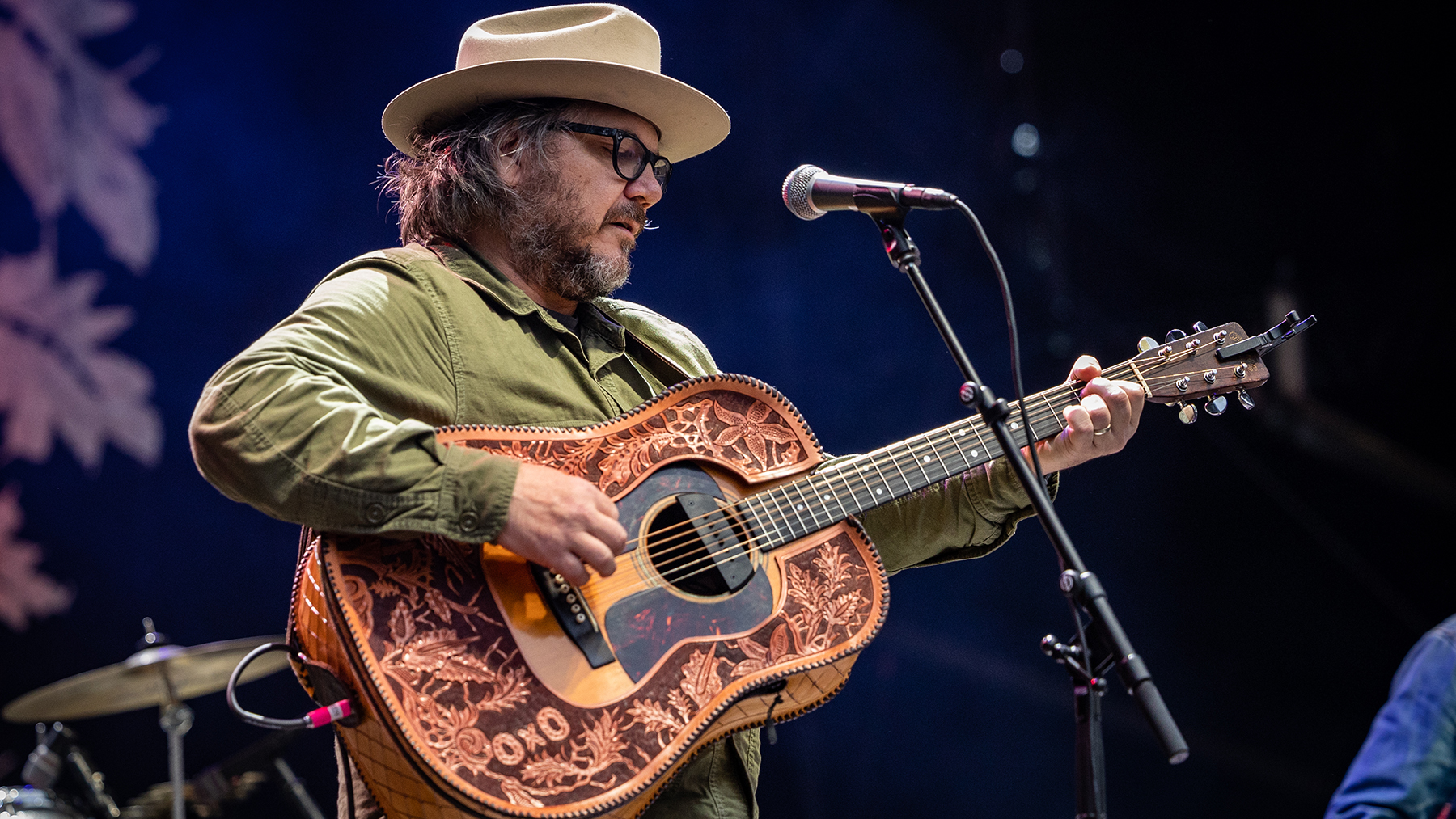
Guitarists have all sorts of reasons why they took up the instrument. Usually it's inspiration from their musical heroes, or a love of the instrument's look and sound.
Wilco’s Jeff Tweedy had a wholly unique reason for learning guitar, as he told Reverb in their video series My Career Through Gear.
The Illinois-born guitarist reveals that his first guitar was a generic acoustic guitar that he found impossible to play.
"It really discouraged me when I was really young," he says, "so it sat in the closet for a long time, from when I was six years old till about 12 years old. It sat in the closet, taunting me."
But while the guitar sat idle, Tweedy had been telling his friends he knew how to play. His chance to make good on that lie came in the summer between seventh and eighth grade.
"I had a really bad bike accident in the last day of school, and I was in bed most of the summer," he explains. "And I realized that I told everybody that I know that I knew how to play the guitar. And that was my opportunity to actually learn how to play the guitar a little bit, so if I got called out on it, I at least knew how to play some chords.”
Apparently the guitar bug hit him in earnest. Tweedy devoted himself to the instrument, but getting his hands on a decent guitar would take some time. His parents' next attempt to buy him an electric guitar wasn't a success.
Get The Pick Newsletter
All the latest guitar news, interviews, lessons, reviews, deals and more, direct to your inbox!
“It was a Peavey T-60 electric guitar," he says. "It was like child abuse to put it on your body, especially when recovering from a bike accident. A lot of them would be better as boat anchors at this point! I never even understood why they made a guitar that heavy.”

Despite its back-crushing weight, the guitar's thin neck did have its benefits for a young player starting out on his guitar journey.
“All of a sudden I could make barre chords," he says. "So then the Ramones and all the stuff I was listening to opened up to me. So I kept playing, but I was disappointed when it showed up, to be honest. I wanted a Telecaster.”
Tweedy would eventually get his wish after his brother, who worked on the railroad, had an accident that left him with life-changing injuries. A settlement was reached and “he took some of that money and he bought me a black-and-white Telecaster that ended up nearly as heavy as the Peavey,” he says with a laugh.
Tweedy explains that he's since found a seven-pound T-60. “It must be an accident,” he says, smiling. “I found one that was crazy light.”
Tweedy's family would continue playing a key role in his quest for more gear. His mother had particularly great luck finding guitars for him at farmer’s auctions.
“Whenever she saw guitars at these auctions she liked to go to, she’d bid on them and buy them,” he says. “She got me a black '50s Gretsch Duo Jet and a Gibson ES-350 with three P90 pickups that was a prototype for the ES-5 — a really rare guitar — for like $125. Both were at the same auction.
“They belong to Billy Gibbons now,” Tweedy adds, having traded the guitar at a store in St. Louis. The ZZ Top man was quick to snap up the unusual six-string.
However, for all his hoarding of oddball electrics, Tweedy goes unplugged when it comes to songwriting.
It was like child abuse to put it on your body. A lot of them would be better as boat anchors at this point!
Jeff Tweedy
“I write almost all my songs on acoustic guitar,” he told Guitar Player in our December 2019 issue. “I have a lot of different instruments and a lot of acoustic guitars, and the ones I end up writing on are generally the ones that have almost no sustain and have really dead strings.
“There are some old beater guitars that I leave lying around the house that I always end up writing on. It just leaves so much more room for my voice. I don’t have a real sustaining voice so I tend to like guitars that aren’t showing me up.”
A freelance writer with a penchant for music that gets weird, Phil is a regular contributor to Prog, Guitar World, and Total Guitar magazines and is especially keen on shining a light on unknown artists. Outside of the journalism realm, you can find him writing angular riffs in progressive metal band, Prognosis, in which he slings an 8-string Strandberg Boden Original, churning that low string through a variety of tunings. He's also a published author and is currently penning his debut novel which chucks fantasy, mythology and humanity into a great big melting pot.
“I’m still playing but I’m covered in blood. Billy’s looking at me like, ‘Yeah! That’s punk rock!'” Steve Stevens on his all-time worst gig with Billy Idol — and the visit to Jimi Hendrix's grave that never happened
"He goes to England and all of a sudden he's on the floor humping his guitar!” Gene Simmons tells how he, Paul Stanley and Ace Frehley followed Jimi Hendrix's lead and gave Kiss some British swagger
![WILCO - Annihilation [Live Debut] - Solid Sound 2024 - YouTube](https://img.youtube.com/vi/ufu3Z2w9GO8/maxresdefault.jpg)

